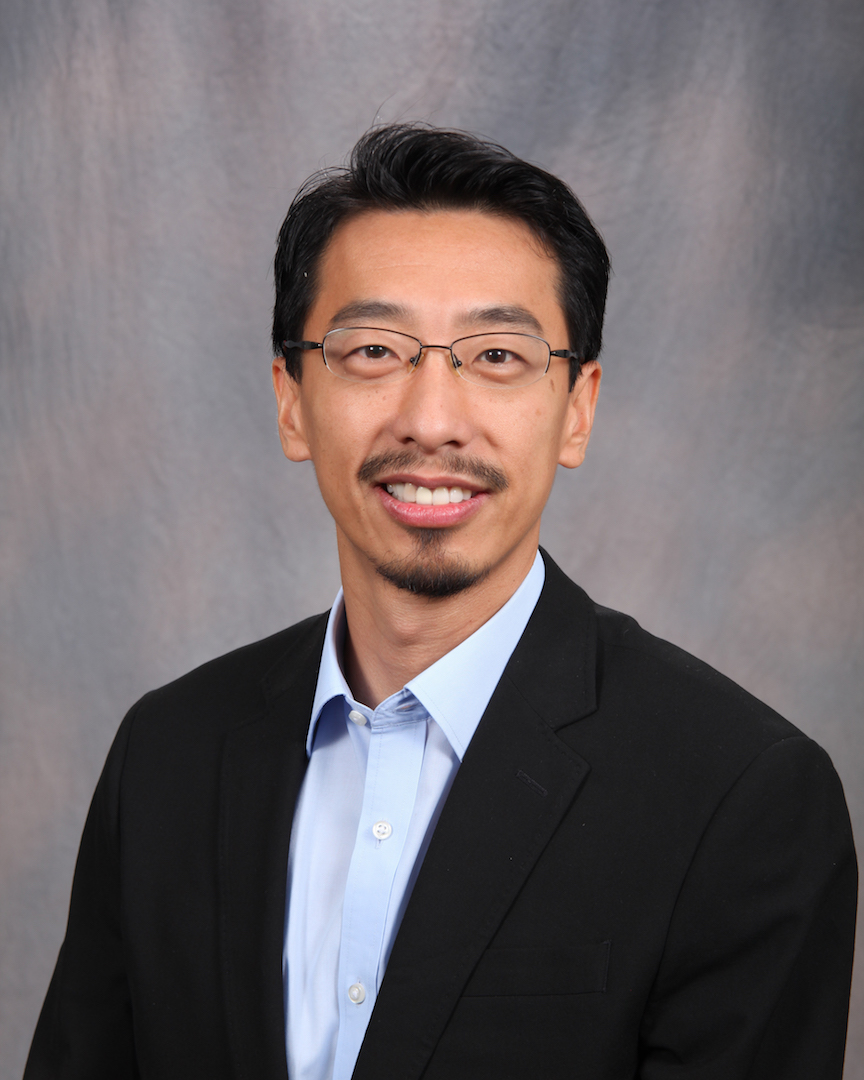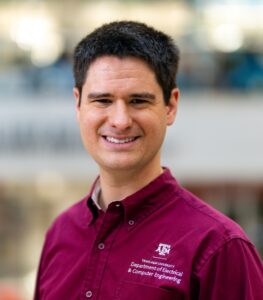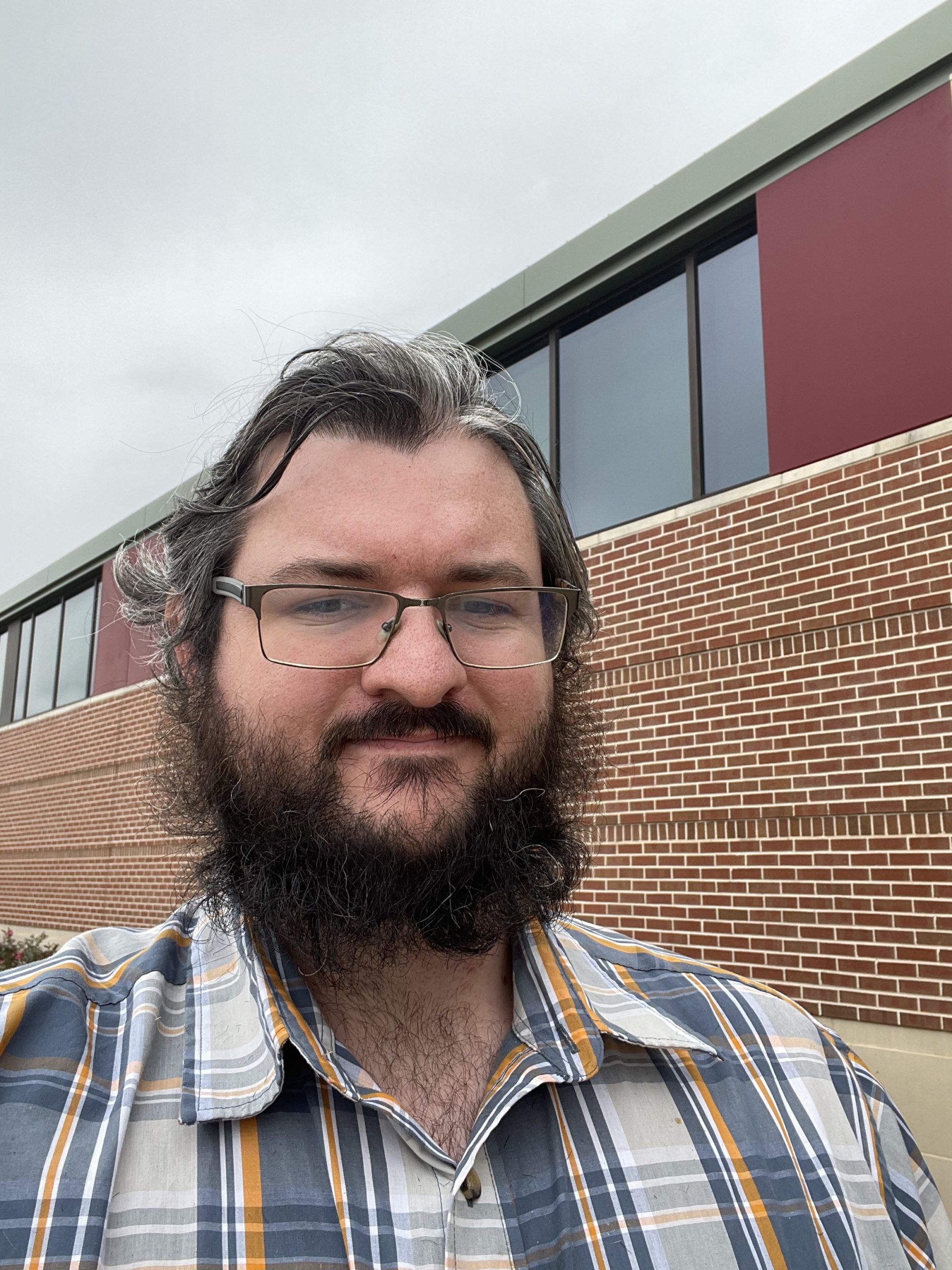Course Director: Dr. Jonathan Snodgrass
Next Offering: November 4-6, 2025
Description
The course is designed to provide introductory coverage of data science and machine learning that is tailored for power engineering applications. The electricity industry is transforming itself from a hierarchical, passive, and sparsely-sensed engineering system into a flat, active, and ubiquitously-sensed cyber-physical system. The emerging multi-scale data from synchrophasors, smart meters, weather, and electricity markets offers tremendous opportunities as well as challenges for the industry to dynamically learn and adaptively control a smart grid. This training introduces the foundation of high dimensional spaces and data analytical tools necessary to model and operate a modern power system. We will introduce a suite of tools for statistical time series analysis and dimensionality reduction. We will discuss the differences between first principle models and data-driven models in real-time operations. Discussions and computer-based simulation projects will prepare the participants to understand better how to integrate data-driven and physics-based reasoning in modern power systems.
(Hours: CEU 2.1, PDH 21).
Who Should Attend
It is ideally suited for those who work in areas associated with the electric grid and need to better understand the latest advance in data sciences and machine learning and how their work might be affected by this change.
This course counts toward the Texas A&M Certificate in Electrical Power Engineering.
Register Here!
Topics
- Grid Operation Basics
- Intro to Data Availability in Power Systems
- Machine Learning (ML)
- Neural Network
- Deep Learning
- Unsupervised Learning for Power System
- Reinforcement Learning
- Large Language Models (LLMs)
- Integration and System Design
- Application of AI and ML for Grid Operations
- Application of AI and ML for Grid Planning
Logistics
Dates and Times: November 4-6, 2025; 8:00 a.m. – 5:00 p.m.
Location: Texas A&M Center for Infrastructure Renewal (CIR), 1041 RELLIS Parkway, Bryan TX
Air Transportation:
Direct flights available at the Texas A&M Easterwood Airport (CLL) from Dallas-Fort Worth (DFW) on American and Houston (IAH) on United.
Other airports within driving distance: Austin (AUS) and Houston (IAH), both about two hours away
May rent car or use shuttle service: Airport Ground Shuttle
Registration Cost: $1,795. Discount of 25% is available for employees of Smart Grid Center member companies. For more information on the discount, contact SGC@tamu.edu.
Hotel Block: The Stella Hotel 4100 Lake Atlas Dr, Bryan, TX 77807 Phone: (979) 421-4000 WEBSITE — Ask for the ROH Room(s) for the RELLIS SGC Short Course.
Instructors

Chao Tian Ph.D., is an Associate Professor in the Electrical and Computer Engineering Department at Texas A&M. He obtained his B.E degree from Tsinghua University, Beijing China, and his M.S. and Ph.D. degrees from Cornell University, Ithaca NY. He worked at AT&T Labs-Research (previously known as the Shannon Labs) as a researcher on communication and signal processing for seven years, before returning to academia. He was with the University of Tennessee Knoxville for a few years before joining Texas A&M University.

Tracy Rolstad is an engineer with Advantage Renewables. He received his BSEE from the University of Idaho and a graduate diploma from the Naval War College (College of Naval Command and Staff). He started his career inpower systems as a Reactor Operator and Engineering Watch Supervisor in the United States Navy (onboard USS Hawkbill) serving 22 years in the Navy and Navy Reserve. His experience in power system planning and modeling began at the Joint Warfare Analysis Center and then developed and evolved at the Bonneville Power Administration (technical operations), as a Principal Engineer at Utility System Efficiencies and later at several other companies. Tracy has served as the Western Electricity Coordinating Council (WECC) Technical Studies Subcommittee Chair, Vice-Chair, and Secretary. Additionally, he served as the WECC RAS and Relay Workgroup Chair addressing modeling issues related to 2011 AZ to CA outage. He is a member of the IEEE and the VFW.

Joshua Peeples, Ph.D. is an Assistant Professor in the Electrical and Computer Engineering Department at Texas A&M. He earned his B.S. in Electrical Engineering with a minor in Mathematics from the University of Alabama at Birmingham (UAB). After graduation from UAB, went on to pursue a Ph.D. in Machine Learning at the University of Florida (UF) in the Department of Electrical and Computer Engineering (ECE) where he worked with Dr. Alina Zare in the Machine Learning and Sensing Lab to research and develop novel algorithms for a variety of applications.
Upon acceptance into the Ph.D. program, he was recognized with the UF Graduate School Preeminence Award, Iva and Norman Tucker UF Transportation Institute Fellowship, UF Board of Education Summer Fellowship and the Florida Education Fund’s McKnight Doctoral Fellowship. In 2018, he was also blessed to receive the National Science Foundation Graduate Research Fellowship. In addition to research, he was actively involved in graduate student organizations and outreach opportunities.
After earning his Ph.D., he was selected for the Accountability, Climate, Equity, and Scholarship (ACES) Fellows Program at Texas A&M University (TAMU). He joined the TAMU ECE Department as an ACES Faculty Fellow and later transitioned to the Tenure-Track Assistant Professor role Fall 2024. He is leading his research lab and teaching courses to advance the knowledge and understanding in the areas of artificial intelligence, machine learning, and computer vision.

Jonathan Snodgrass, Ph.D., is a Senior Research Engineer working under Professor Tom Overbye in the area of large-scale electric power systems, and Assistant Director for Modeling, Simulation and Outreach at Smart Grid Center of Texas Engineering Experiment Station. He received his BS and MS degrees at Texas A&M University, and MS and PhD degrees at the University of Wisconsin-Madison, all in electrical engineering. His primary research area is in power system network planning and resilience, with current projects focusing on light, medium and heavy-duty EV integration using combined transmission and distribution co-simulation. His other research areas include modeling impact of high-impact, low-frequency events (such as GMD and EMP) on the electric grids, power system optimization, and microgrids. He also worked for two years at Zachry Engineering Corporation in Amarillo, TX designing simple and combined cycle natural gas generating plants.

Eric Keller is a Research Engineer in the Electrical and Computer Engineering Department of Texas A&M University at the Smart Grid Center of Texas Engineering Experiment Station. He earned his B. S. in Multi-disciplinary Engineering Technology, Texas A&M University in 2021. Research Areas include electrical grid simulation, cybersecurity, and machine learning
For More Information
- For more information about this course, as well as other upcoming Texas A&M electric power short courses, contact Dr. Jonathan Snodgrass at snodgrass@tamu.edu or visit his research website at snodgrass.engr.tamu.edu.
